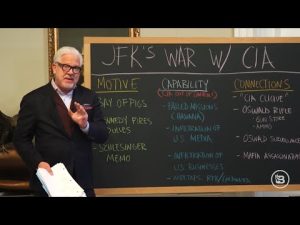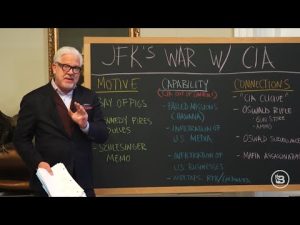In a shocking turn of events, the tragic shooting of Pastor Ricky Floyd in Memphis has raised serious questions about personal responsibility and the consequences of unchecked behavior. A beloved figure in his community, Floyd’s death has left many heartbroken. However, the circumstances surrounding his demise bring to light some unsettling contradictions in behavior that should not be overlooked.
On the night of the incident, it was reported that Floyd was outside Mama’s Bar and Kitchen engaged in a heated argument that reportedly stemmed from a religious discussion. Eyewitness accounts describe Floyd exiting his vehicle and approaching a woman aggressively, despite being warned multiple times to back off. The situation quickly escalated, culminating in his being shot by the woman he was confronting. This scenario raises fundamental questions about the actions of a pastor, a man of the cloth, behaving in such a confrontational manner.
Some might argue that Floyd was simply defending his beliefs, but this does not excuse the aggression. A pastor should embody peace and understanding, not hostility and confrontation. Instead of being a calming presence, Floyd chose to involve himself in a brawl at a bar, which is particularly incongruous for someone in his position. When a leader of the community engages in public disputes, it sends the wrong message to those who look up to him.
The shooting itself has ignited debates about self-defense laws and the responsibilities that come with carrying a firearm. The woman charged in the shooting, Samantha Maran, claimed she acted out of self-defense. Advocates for personal responsibility must remember that, regardless of the heat of the moment, using a firearm always comes with significant legal and moral consequences. It is imperative to recognize that self-defense does not apply if the alleged threat has retreated, as was suggested in this case. Proper training and understanding of the law should be a prerequisite for anyone carrying a weapon.
Moreover, this incident underscores the broader issue of alcohol and violence. When emotions are heightened, especially under the influence, the likelihood of severe consequences increases dramatically. Floyd’s choice to associate with a bar scene and engage in conflict raises alarm bells about judgment and responsibility. Individuals must learn to remove themselves from volatile situations, particularly when firearms are involved.
In conclusion, while Pastor Ricky Floyd’s death is a tragic loss for his community, the specifics surrounding the incident serve as a glaring reminder of the importance of self-control, sound judgment, and the responsibilities that come with leadership. This incident should not just be treated as a tragedy, but also as a lesson in the value of composure, the severe consequences of reckless behavior, and the importance of adhering to the principles that define us as individuals and leaders in our communities.







